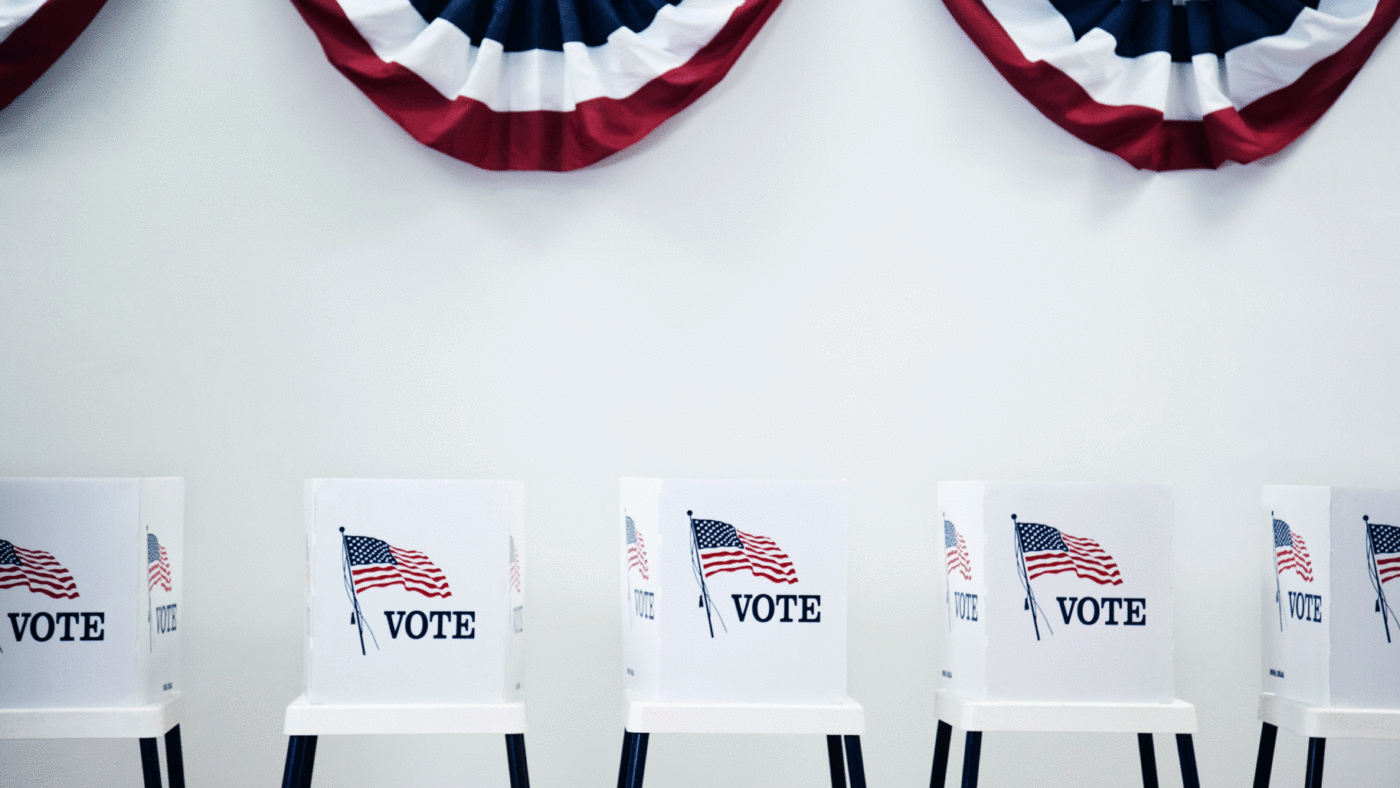It was trumpeted (if you’ll forgive the pun) as the most important election in decades, and America 2020 didn’t disappoint. Although numbers are still to be confirmed, the Trump vs Biden presidential election saw a record voter turnout with two-thirds of the electorate going to the polls on election day. This represents the highest turnout in more than 100 years.
The youth vote also increased significantly, moving from 45% in 2016 to an estimated 53% in 2020. But if you look at it another way, almost half the under-30s and one-third of the total electorate, faced with the most decisive poll in a generation, chose not to cast their vote at all. Why do so many people refuse to participate in the political process?
First, voting is a costly activity since you need to spend a lot of time processing information about a wide range of issues: economic, political, environmental, educational and so on. In addition, the probability that your vote will make a difference is nearly zero. Therefore, a cost-benefit analysis suggests that voting is not worth the time and effort.
But should people vote regardless of the impact of a single vote? After all, as argued by political philosopher Jason Brennan in his excellent book The Ethics of Voting, there are some actions that cause a substantial amount of harm only when undertaken by a collective (littering for example). In the same way as we, as individuals, have a moral obligation not to litter, we should participate in the political process by voting to prevent a potentially harmful outcome (such as that nobody is elected).
However, voting could end up doing more harm than good for two reasons. First, the average voter lacks the necessary knowledge to make informed decisions about public policies. Around one-third of Americans possess little or no political knowledge at all, and more than half cannot name the three branches of government. Similarly, only 40% of the American population know that military spending is the largest item in the federal budget, whereas 73% of Americans cannot identify the current unemployment rate. Given the poor political and economic knowledge of most voters, we cannot expect them to correctly assess the impact of complex public policies such as an increase in the minimum wage or the sustainability of social security. As a result, the average voter is a capable of voting for a candidate whose policies actually undermine the living standards of the majority of the population.
Knowledge may be a necessary condition to vote well, but it’s not enough. Even well-educated voters are subject to cognitive biases and motivated reasoning. For instance, Bryan Caplan shows that most voters hold an anti-foreign bias that leads them to vote for anti-immigration candidates despite the fact that there is an overwhelming evidence for the benefits of immigration.
Motivated reasoning is another obstacle that we may encounter when trying to cast our vote for the best candidate. As pointed out by Christopher Freiman in his latest book Why It’s OK to Ignore Politics, “the (unconscious) goal of our reasoning about politics is not to arrive at the truth but rather to protect our identity as a member of our partisan group.” This is demonstrated by the fact that we think about politics in watertight compartments. Partisan groups tend to share a closed set of seemingly-unrelated ideas regardless of whether there is any meaningful connection between them.
For example, people who oppose abortion are more likely to oppose carbon taxes even though these are two completely unrelated topics. The conclusion is simple: when we vote, we don’t reflect on the policies that have the best consequences; instead, we just follow our chosen herd.
Given that we are likely to do more harm than good when we vote and that the expected value of a single vote is extremely low, the case against voting seems fairly strong. However, you may feel that, by not voting, you’re failing to fulfil a civic duty towards your fellow citizens. After all, we live in society, so we are morally compelled to contribute our fair share to the common good, and voting conveys the message that you care for the well-being of others.
Yet voting is not the only way to contribute to the common good. In fact, you can contribute in more effective and rewarding ways than going to the polls in every election. You can make regular donations to effective charities, volunteer in your community, or produce goods and services that improve people’s lives. If there is such a thing as a civic duty (which I think there is), it can be fulfilled in better ways than showing off your “I voted” sticker around your neighbourhood.
Sometimes the best thing you can do for democracy is stay at home on election day.
Click here to subscribe to our daily briefing – the best pieces from CapX and across the web.
CapX depends on the generosity of its readers. If you value what we do, please consider making a donation.


